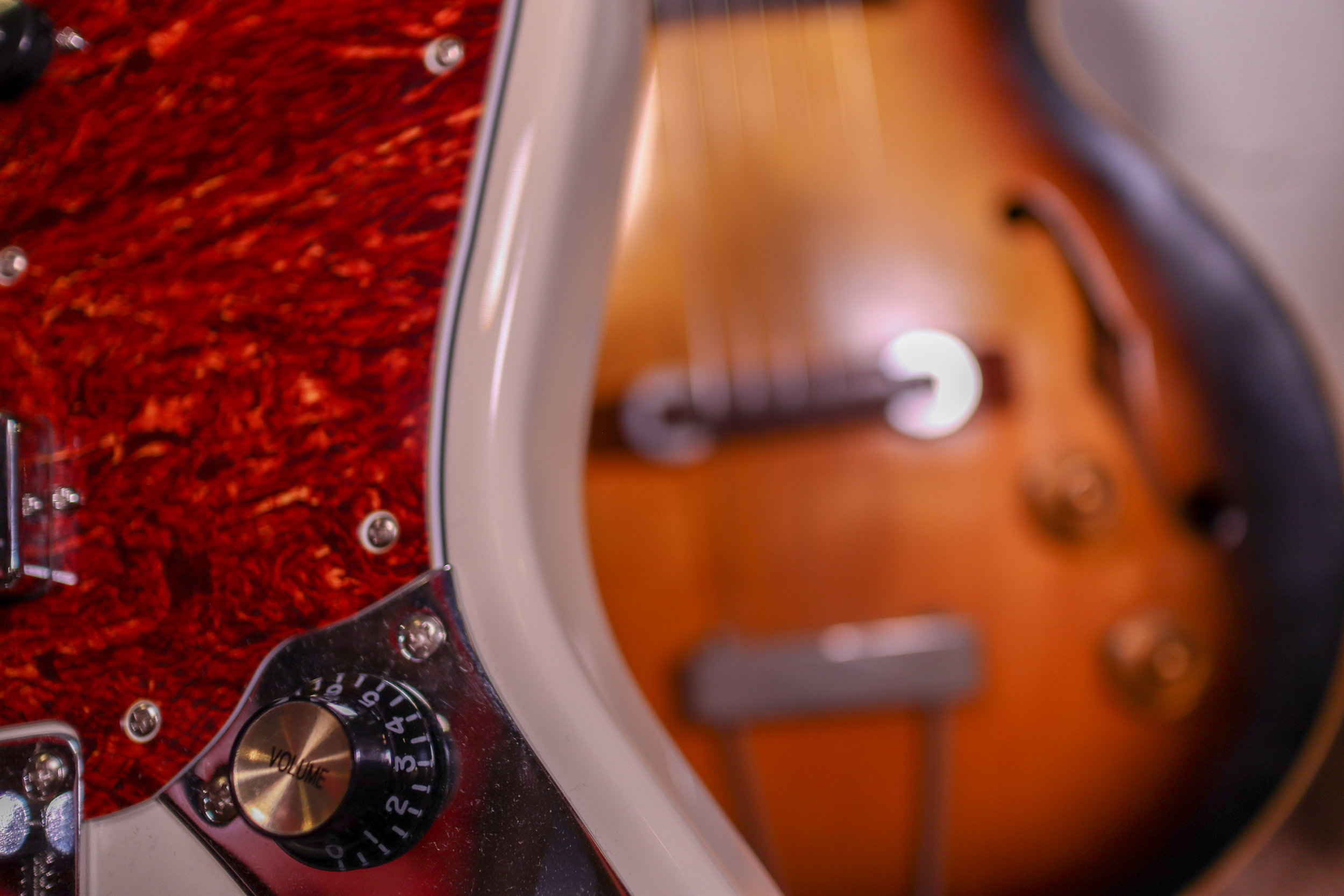How Long Does it Take to Get Good at Guitar?
I often get asked this question by eager students during our beginner guitar lessons:
“How long does it take to get good at guitar?”
This is a difficult question to answer because it depends on your definition of “good.” One of the first things I do with my new guitar students is define what “good” means to them. For example, would you like to play and sing songs with your friends? Would you like to be a classical guitarists tackling the hardest songs in the canon? Would you like to compose and record your own songs, playing each part yourself or writing parts for your band members? Do you want to be a lead guitar player in a rock band improvising lightning-speed guitar solos and riffs? Each of these goals require different techniques, practice routines and mind sets. This is why I customize each student’s guitar lesson plan instead of trying shoehorn them into one standard plan.
When people ask how long it takes, they are often asking “how long does it take for a normal person to get good at guitar?” There is no magic pill that musicians take or skill they are born with. Everyone starts out as a novice but with practice and dedication they make their way to mastery. Focusing on how long it ought to take just sets my guitar students up for stress and frustration if they don’t match up to some standard. Learning guitar is a beautiful personal journey. So before I go into details about how long it takes to get good at guitar I’d like to clarify a few points about guitar lessons.
Learning Guitar Is Not Linear
First of all, learning music is not a linear thing. Learning music is not a steady consistent upward journey toward your goals. Learning music is like learning how to be human. Its weird, sometimes fun, and sometimes slow. Improvement involves conscious effort in your body and mind, not just putting in the time. Improvement comes in spurts and stops - sometimes all at once in the form of an epiphany and sometimes through gradual deliberate steps.
If that sounds really intense, keep in mind that it can be as intense or relaxed as you want. My guitar lessons are for people who engage with guitar from every angle - some people don’t have a lot of time to practice - some people dedicate hours a day. It is all about being deliberate and smart about how you use your practice time. But it varies so much for each person depending on their goals, mindset, and time they can to put into learning guitar.
How Much Should You Practice Guitar to Get Good
Generally speaking, when you’re first starting out on guitar or bass, 20 minutes a day is plenty. You’re building muscle memory, finger strength, callouses and most importantly you are building a consistent practice habit. Thats why I tell my beginning guitar students “just pick up the guitar once a day and you’ll be ok.” This helps develop your fundamental guitar skills, which start feeling natural in as little as a few weeks but sometimes can take a few months. Also, your fingertips need to develop callouses and get used to pushing on the strings and this process generally takes two or three weeks of daily practice. In rare cases it takes longer - sometimes a few months to develop callouses.
Depending on how aggressively you practice and what you focus on, you’ll be playing your first simple song within a month or two and gradually over the course of two to four months it will start feeling natural to pick up a guitar and strum along to a song. As your muscles and callouses develop and your muscle memory refines, you’ll be able play for a longer amount of time without stressing your hands and arms. This is when you can start bumping up your practice time if you wish to improve at a faster rate.
However, more practice time doesn’t necessarily equal more skill. Learning how to practice guitar efficiently is one of the most valuable skills an aspiring musician can learn. My guitar lessons focus on specific (sometimes completely custom) practice methods to help you focus on the techniques, mindsets and concepts you need to reach your goals. Our different personalities give each of us a unique musical perspective - something to be celebrated when we create and perform, but also something that requires us to practice in ways that help us balance our individual strengths and weaknesses.
Understanding what success looks like and what you can do to get there are the first steps to being “good” at guitar. Guitar lessons will help you learn to practice efficiently and hone the specific techniques and skills required for your goals. Take comfort in the fact that you are a unique musician learning at a pace that works for you.

